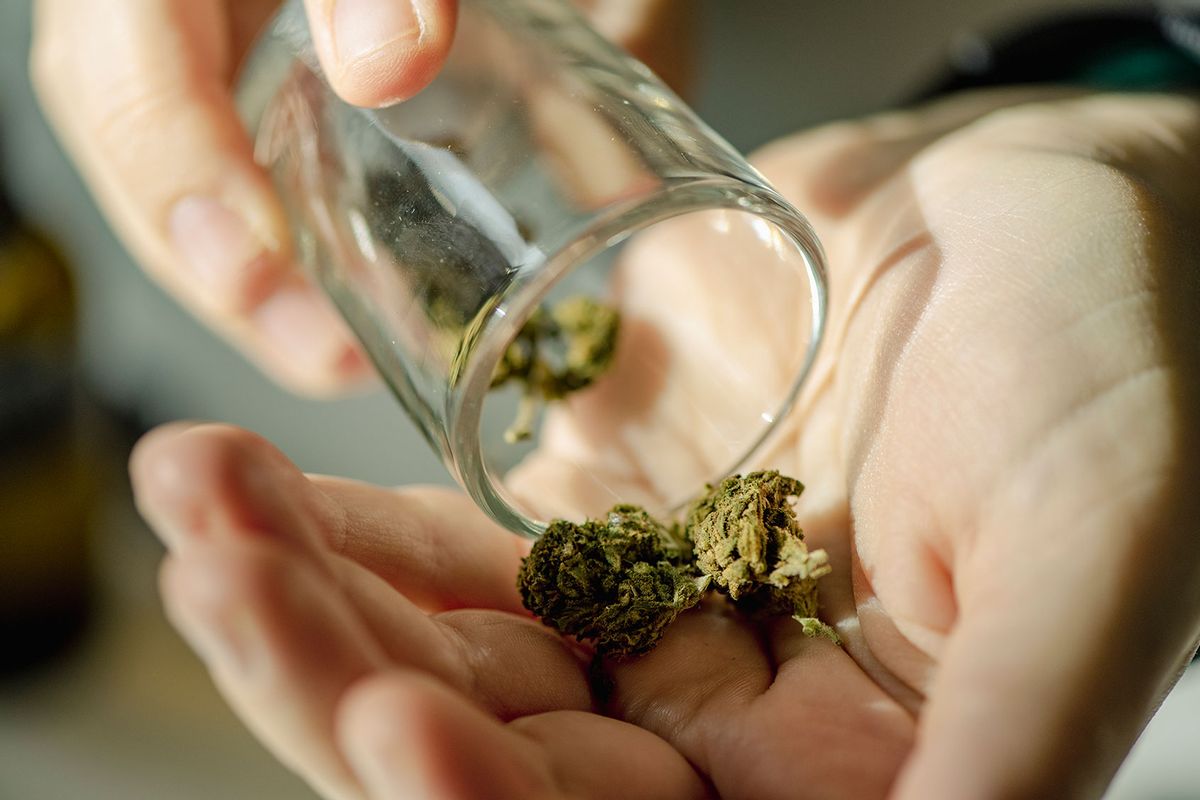Marijuana is finally on track to be reclassified as a less dangerous drug by the U.S. Drug Enforcement Administration, multiple news outlets reported Tuesday. The proposed reclassification must still be reviewed by the White House Office of Management and Budget, but it would recognize that cannabis has medical uses and less potential for abuse compared to harder drugs.
The Associated Press reported that the DEA's move "clears the last significant regulatory hurdle before the agency’s biggest policy change in more than 50 years can take effect.”
After the Office of Management and Budget signs off, the DEA can take public comment to move the drug from a Schedule 1 classification, which is the same category as heroin, down to Schedule III, like ketamine and anabolic steroids.
Reclassifying cannabis is not the same as legalizing it at the federal level. But it would make it easier to conduct medical studies and could ease access to financial institutions for some state-level cannabis businesses.
The shift comes after President Joe Biden called for a review of federal marijuana policies in 2022 and moved to pardon thousands of Americans convicted of simple possession charges.
“Criminal records for marijuana use and possession have imposed needless barriers to employment, housing and education opportunities,” Biden said last year. “Too many lives have been upended because of our failed approach to marijuana. It’s time that we right these wrongs.”
The reclassification of cannabis reflects shifting views on the drug, which has been legalized for recreational use in about half of U.S. states. A Gallup poll from last fall found that 70 percent of adults support legalization, compared to the 30 percent recorded in 2000.

Shares